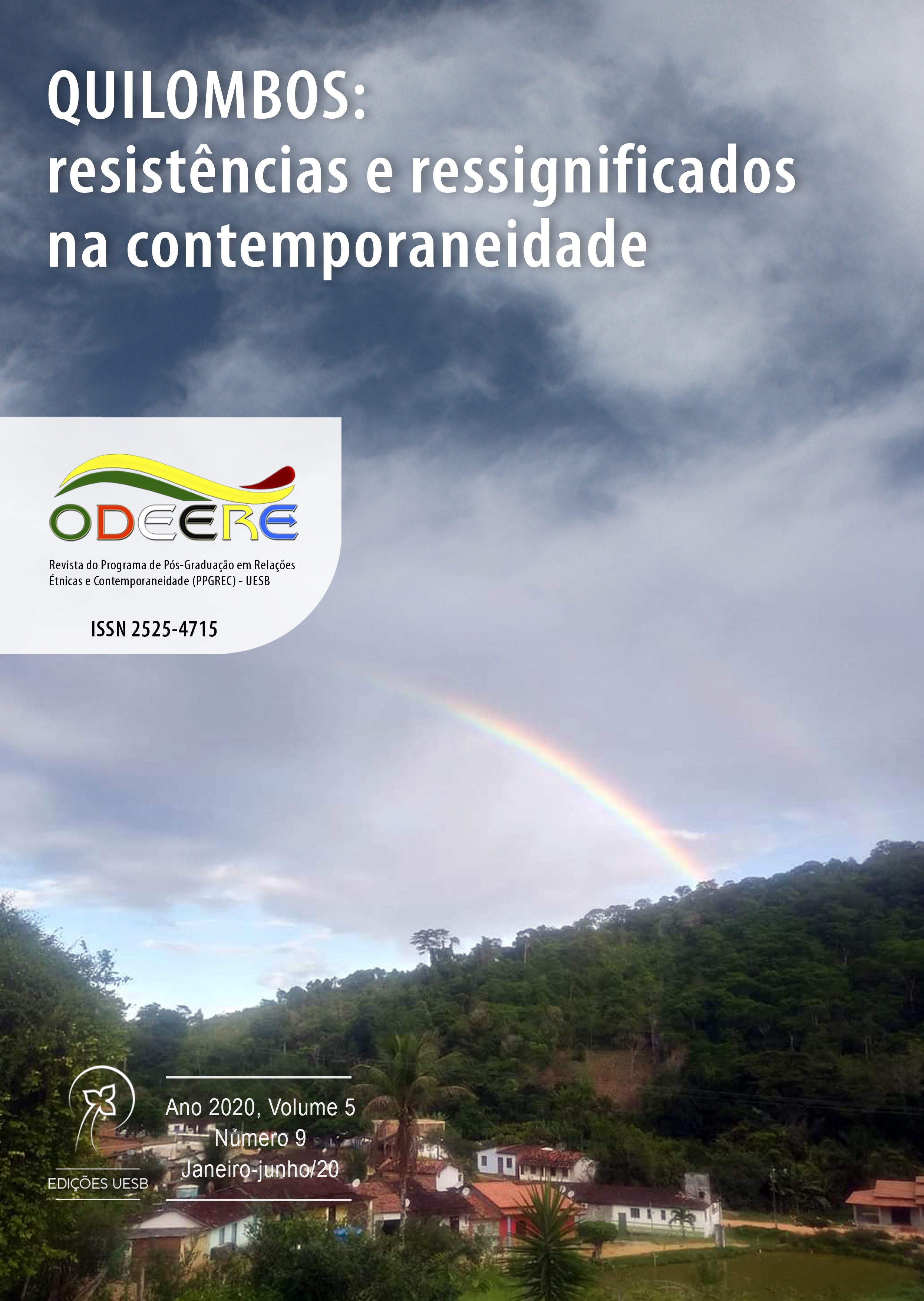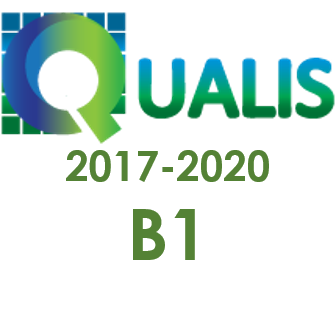NDIGENOUS SCHOOL EDUCATION: a look from Freire, LDB and Statute of Indigenous Peoples
DOI:
https://doi.org/10.22481/odeere.v5i9.6639Keywords:
direitos civis e políticos, estado, educação escolar, povos indígenasAbstract
The indigenous condition in Brazil is currently complicated. Having their constitutional guarantees violated, the existence of these peoples has suffered serious damage. The situation becomes more complex when looking at Indigenous School Education, whose existence is guaranteed by the Federal Constitution and Law 9.394/96. This work aims to analyze and discuss the pertinent bibliographic review in order to expand the production of knowledge on the subject. It is a bibliographic and analytical research that justifies it as there is a constant need to update the discussions on this topic, because it is pertinent given the real conditions in which indigenous people live in Brazil. Our results indicate that it is the duty of the State to guarantee and provide adequate means for the formation and promotion of indigenous school education, without however sharing conflicts of interest that put in check the survival of indigenous peoples' ways of being. We conclude that indigenous school education can be provided by the State through the training of teachers and educators from the indigenous communities themselves, who, knowing their reality and that of their people, can help in transforming the reality of their people.
Keywords: rights; state; schooling; indigenous people.
Downloads
References
BRASIL. DECRETO 2.208 DE 17 DE ABRIL DE 1997, Presidência da República Casa Civil Subchefia para Assuntos Jurídicos, Lei 9.394 de 20 de dezembro de 1996, disponível em: http://www.planalto.gov.br/ccivil_03/LEIS/L9394.htm, acessado em 07 setembro de 2019.
BRASIL. DECRETO N 1.775, DE 8 DE JANEIRO DE 1996, Presidência da República Casa Civil Subchefia para Assuntos Jurídicos, Lei 6.001 de 19 de dezembro de 1973, disponível em: http://www.planalto.gov.br/ccivil_03/Leis/L6001.htm, acessado em 07 setembro de 2019.
BRASIL. Ministério da Justiça. Estatuto dos Povos Indígenas, Proposta da Comissão Nacional de Política Indigenista de 5 junho de 2009, CNPI 2009.
Ferreira, R. F.; Camargo, C. A. As Relações Cotidianas e a Construção da Identidade Negra. In: PSICOLOGIA: CIÊNCIA E PROFISSÃO, 2011, 31 (2), p.374-389. https://doi.org/10.1590/s1414-98932011000200013
FREIRE, Paulo. Pedagogia da Autonomia: saberes necessários à prática educativa. São Paulo: Paz e Terra, 2002.
GRUPIONI, L. D. B. Do nacional ao local, do Federal ao Estadual: as leis e a educação escolar indígena. In: Marilda Almeida Marfan. (Org.). Congresso Brasileiro de Qualidade na Educação: formação de professores: educação escolar indígena. Brasília: MEC/SEF, 2001, v.
MARQUES et al. A percepção do preconceito e da discriminação racial no ambiente escolar. In: Interfaces da Educ., Paranaíba, v.5, n.14, 2014. ISSN2177-7691, p.47-67.
MILANEZ, F. et al. Existência e Diferença: O Racismo Contra os Povos Indígenas. In: Rev. Direito Práx. Rio de Janeiro, Vol. 10, N. 03, 2019 p. 2161-2181. ISSN: 2179-8966. https://doi.org/10.1590/2179-8966/2019/43886
SILVA, E. H. Índios: pensando o ensino e questionando as práticas pedagógicas. In: Instrumento: Rev. Est. e Pesq. em Educação, Juiz de Fora, v. 21, n. 2, p. 168-186, jul./dez. 2019, ISSN 1984-5499. https://doi.org/10.34019/1984-5499.2019.v21.27711
Downloads
Published
How to Cite
Issue
Section
License
Copyright (c) 2020 ODEERE

This work is licensed under a Creative Commons Attribution 4.0 International License.
You are free to:
Share - copy and redistribute the material in any medium or format; Adapt - remix, transform, and build from the material for any purpose, even commercially. This license is acceptable for Free Cultural Works. The licensor cannot revoke these freedoms as long as you follow the terms of the license.
Under the following terms:
Attribution - You must appropriately give credit, provide a link to the license, and indicate if any changes have been made. You may do so in any reasonable way, but not in a way that suggests that you or your use is endorsed by the licensor.
There are no additional restrictions - You cannot apply legal terms or technological measures that legally restrict others to make any use permitted by the license.














